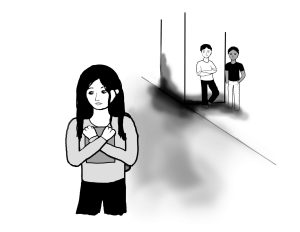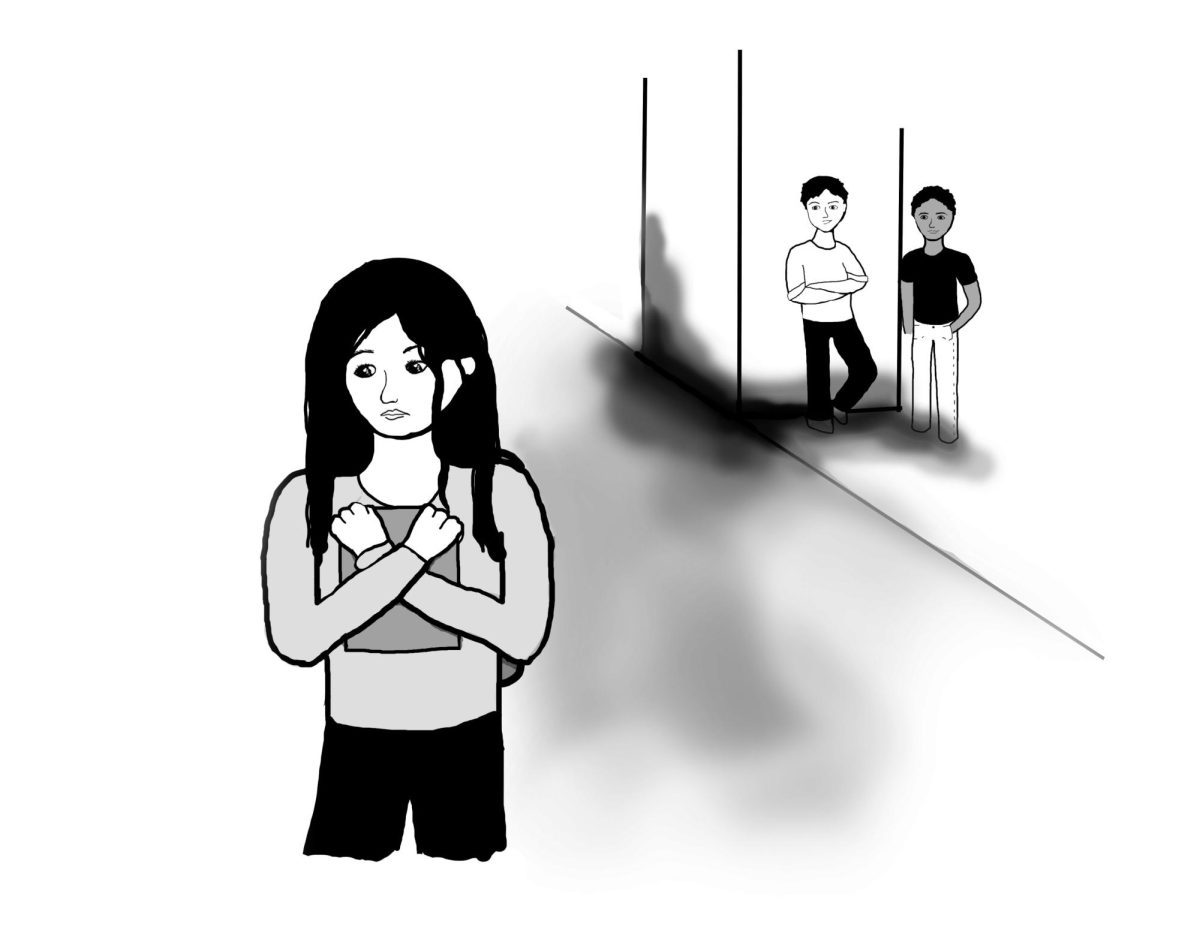Dear Seniors,
I am honored to be asked to give some advice on your postgraduate life. The invitation to address you is especially meaningful since I, like you, am leaving Whitman at the end of this semester. I have been here longer than any of you: 32 years, to be exact: so my departure will be both more dramatic and more difficult because it will signal the end of my career as a teacher. I am grateful for all of the wonderful memories I have of my former students, including several members of your class whom I have taught in Core or French. These memories will sustain me, more than anything else, during my life after Whitman.
My first piece of advice is to finish all pending academic work if you haven’t done so already. Clear up those incompletes, turn in your theses, write those final papers. You will have plenty of time for pub crawls, celebratory meals with friends and parents, volunteer work, etc. once you have finished your class work. If you think you are unmotivated to do so now, you will be even less motivated this summer. You will enjoy walking across the stage at Commencement much more with your Whitman classes fully completed.
Next, give yourselves an intellectual graduation present by drawing up a list of books you will read during your first six months after college. If you like novels, as I do, consider reading a novelist’s entire opus. Return to some of the authors you read your first year in Core, such as Plato, the English Romantic poets, or Toni Morrison. If you majored in the sciences, read the biographies of important modern figures in this field. You could even re-read authors you first read in high school, such as C.S. Lewis or science-fiction writers. If you can’t finish a book, don’t be afraid to abandon it or even to change your whole reading list. What you read is less important than the commitment to read. Reading for pleasure will become a life-time habit if you begin now, and this present to yourselves is a fitting continuation of your Whitman education, which stressed engagement with a variety of texts.
In addition, pick one activity that you will do from now on without multi-tasking. If you are a walker or a runner, don’t listen to music while you walk or run. Leave your iPods at home. You will get in better touch with your body. You will start to hear the birds (not to mention the cars behind you!), recognize the plants on your route and smell the air. If you like music, get rid of all other distractions when you listen. Music will become more than the background to your daily routine. If you like to spend hours on the phone with friends, do so, but not while you are checking your e-mail or walking your dog. We are all so lucky to have friends that we should accord them the attention they deserve. Now is a good time to realize that you can’t do everything, and focusing your attention on any single activity will ultimately make it easier for you to choose the activities you cannot live without.
As a senior in college I read the following line written by T.S. Eliot in Four Quartets: “We had the experience but missed the meaning.” I have never forgotten these words, which seemed to me both a warning and a piece of advice. They warned me that it is all too easy to live life as a series of unconnected events out of our control. We meet people, we lose contact with people; we travel, we come back home; we go to college, then we take up careers that have nothing to do with our studies. But we can find meaning if we take time to digest our pasts. One reason I am retiring from teaching now is to meditate on the years I have spent at Whitman in the hopes of finding meaning in my experiences. I suggest that you also spend many hours over the summer and the next year making sense of your college days. Try to evaluate your choice of a major, your friendships, even ask yourself if Whitman was the right college to attend. An honest self-assessment will not only serve as a proper conclusion to your Whitman career but also make you more aware of your strengths and weaknesses, give you insight into your place in human history, and prepare you for the future.
Mary Anne O’Neil











